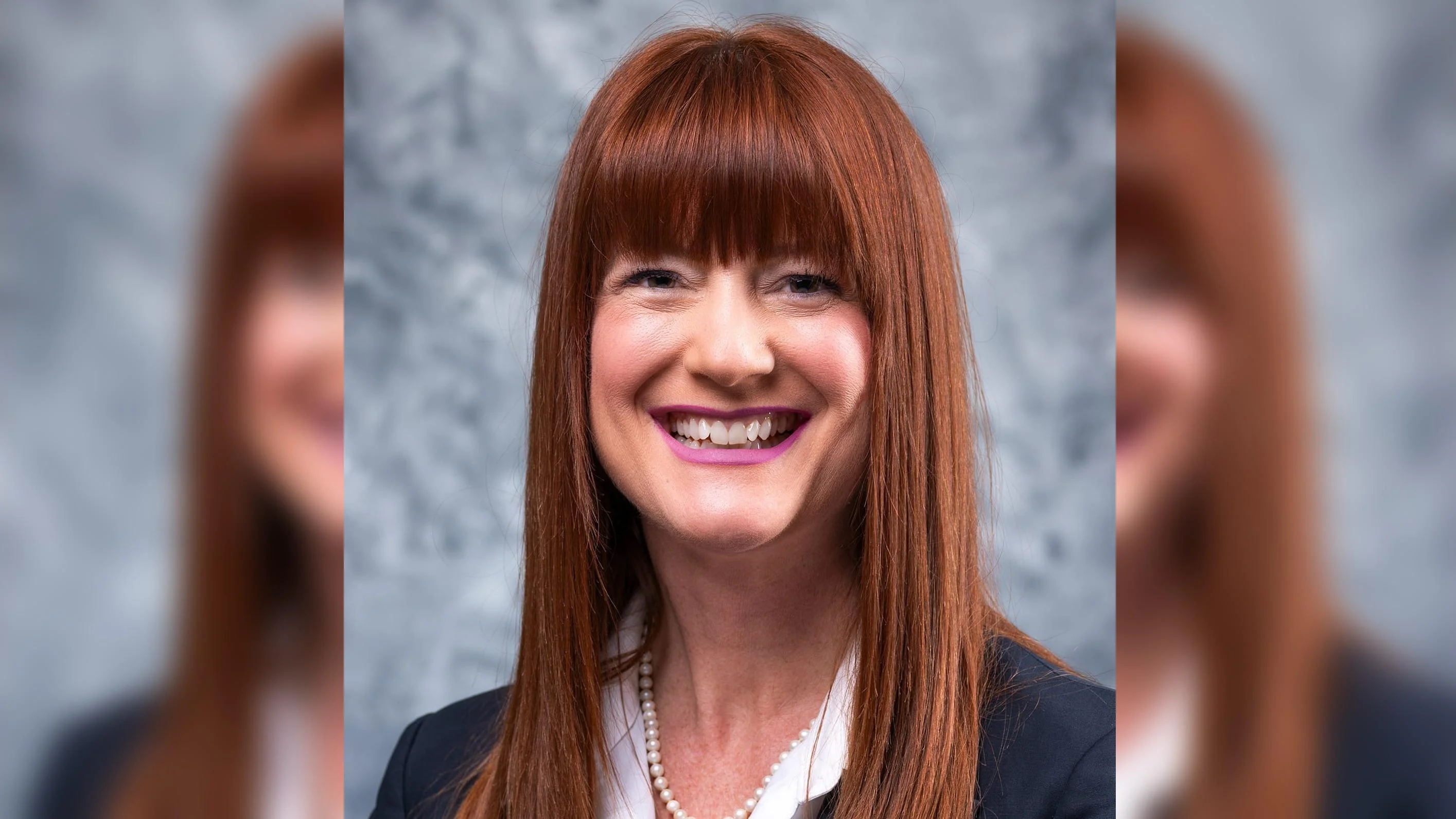Jean Ingersoll Chief Administrative Officer | Michigan Department of Health & Human Services Website
Jean Ingersoll Chief Administrative Officer | Michigan Department of Health & Human Services Website
The Michigan Department of Health and Human Services (MDHHS) is participating in a statewide initiative to recognize May 5 as Missing and Murdered Indigenous Persons (MMIP) Awareness Day. This day serves to highlight the issue of violence against Indigenous communities, with a focus on women and girls.
Elizabeth Hertel, MDHHS director, emphasized the department's commitment to supporting Indigenous victims and families through grant funds managed by the Division of Victim Services. She stated, "MDHHS is committed to not only raising awareness of this crisis but also to working in partnership with tribal governments and communities on the full spectrum of issues related to these crimes."
The Michigan Domestic and Sexual Violence Prevention and Treatment Board has issued a resolution acknowledging MMIP Awareness Day. The board encourages residents to participate in events hosted by federally recognized tribes across the state.
Melissa Pope, chief judge of the Nottawaseppi Huron Band of the Potawatomi Tribal Court, stressed the importance of addressing this crisis comprehensively. She said, "We must remain committed to ending the crisis of Missing and Murdered Indigenous People... It is only through these combined efforts that Indigenous People will be safe from violence."
Research indicates that cases involving missing or murdered Indigenous people have often been under-reported or unresolved in the United States. Statistics from the Centers for Disease Control and Prevention show homicide rates among American Indian and Alaska Native people are significantly higher than those among non-Hispanic white people. Additionally, over 84% of American Indian and Alaska Native women have experienced some form of violence.
Rebecca Shiemke, chair of the Michigan Domestic and Sexual Violence Prevention and Treatment Board, highlighted ongoing efforts for justice reform: "The rate of violence against American Indian and Alaska Native women in particular is unacceptable."
MDHHS's Division of Victim Services provides grant funding for programs serving survivors with culturally appropriate support. These services include a sexual assault nurse examiner program, shelter assistance, victim advocacy, housing relocation aid, individual client support, as well as funding for StrongHearts Native Helpline.
Events planned for May 5 include marches in Grand Rapids and Manistique as well as awareness events in Mt. Pleasant and St. Ignace.
For more information about MMIP issues or resources available through MDHHS, individuals can contact MDHHS-Tribal-MMIP@michigan.gov or visit their website.






 Alerts Sign-up
Alerts Sign-up